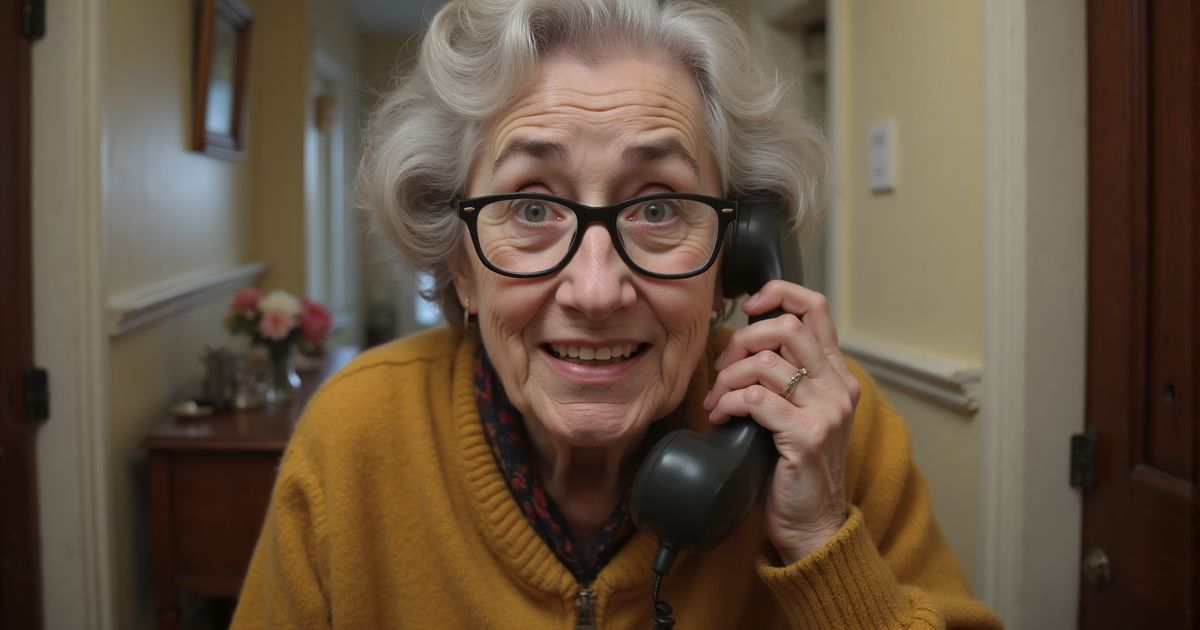Midwest braces for potentially record-breaking temperatures as winter storm approaches
Heavy snow and powerful wind created blizzard-like conditions Monday across parts of the Midwest, prompting officials to cancel about 1,000 flights at Chicago's airports and close hundreds of schools. But forecasters warned the most dangerous weather is yet to come: frigidly low temperatures that the region hasn't seen in a quarter century.
Snowplow drivers had trouble keeping up with the snow in Wisconsin and Minnesota, where up to 14 inches was expected. Chicago-area commuters woke up to heavy snowfall, with more than 5 inches already on the ground. In Michigan, non-essential government offices were closed, including the Capitol.
But the snow is only "part one, and maybe even the easier part" because temperatures will plummet over the next three days, said Brian Hurley, a meteorologist with the Weather Prediction Center.
Wednesday is expected to be the worst. With dangerously low temperatures rolling into Chicago, wind chill temps could reach about negative 50, where anyone outside risks getting frostbite, CBS News correspondent Dean Reynolds reports. Minnesota temperatures could hit minus 30 degrees with a wind chill of negative 60.
The potentially record-breaking low temperature forecast in Milwaukee is negative 28 degrees, with a wind chill as low as negative 50. The current record of minus 26 degrees was set in 1996.
"That's 40 degrees below normal," Hurley said. "When you think about it in that sense, that's a big 'whoa.'"
EMTs in Milwaukee have seen an increase of 15 to 20 calls a day from the freezing temperatures, Reynolds reports.
"Frostbites, hypothermia ... and just people being out in the elements," one EMT worker described.
Cold weather advisories are in effect across a broad swath of the central U.S., from North Dakota to Missouri and spanning into Ohio. Temperatures will be as many as 20 degrees below average in parts of the Upper Great Lakes region and Upper Mississippi Valley, according to the National Weather Service.
The unusually frigid weather is attributed to a sudden warming way above the North Pole. A sudden blast of warm air from misplaced Moroccan heat last month made the normally super chilly air temperatures 20 miles above the North Pole rapidly rise about 125 degrees. That split the polar vortex into pieces, which then started to wander, according to Judah Cohen, a winter storm expert for Atmospheric Environmental Research, a commercial firm outside Boston. One of those polar vortex pieces is responsible for the sub-zero temperatures across the Midwest this week.
Homeless shelters were preparing for the onslaught of cold. The Milwaukee Rescue Mission's call volume was "unusually high," but there should still be enough beds for those who need them, said the mission's president, Pat Vanderburgh.
"We are being especially vigilant during the night," he said. "Monitoring our doors, our security are going out on the street, we're partnering individuals that go out proactively looking out for homeless individuals and sharing with them winter clothes and food."
Chicago Mayor Rahm Emanuel urged residents to check on their neighbors and take safety precautions. He said city agencies are making sure homeless people are in shelters or offered space in warming buses.
Hundreds of schools were closed across Michigan as road conditions deteriorated, including Eastern Michigan University. The largest public school districts in Wisconsin and Minnesota also were among those closed, including districts in Milwaukee and St. Paul. Minneapolis Public Schools announced there would be no classes through Wednesday. The cold also prompted officials to close some schools in eastern Iowa, while Chicago Public Schools officials said they were monitoring the weather ahead of Wednesday's cold snap.
The worst-ever wind chill in Chicago happened on Christmas Eve 1983: minus 57, adjusted for a new wind chill formula adopted about 15 years ago, CBS Chicago reports. Under the old formula, the chill was recorded at minus 82.
Ahead of the storm, the Chicago Zoological Society said Monday it will close the Brookfield Zoo on Wednesday and Thursday.
Chicago Zoological Society CEO Stuart Strahl said the closure will ensure the safety of employees and animals. He said only a few employees will be on-site to "provide basic core functions."
It's only the fourth time the zoo has been closed during its 85-year-history. Zoo officials say they expect to reopen the zoo February 1.
In eastern North Dakota, officials have issued travel alerts because of blowing snow. The Minnesota State Patrol was responding to scores of spin outs and crashes early Monday in the Twin Cities metro area because of snow-covered and icy roads.
More than 800 flights were cancelled at Chicago O'Hare International Airport Monday morning and Midway International Airport canceled more than 220. The high temperature forecast at O'Hare on Wednesday is negative 14 degrees, which would break a record set on Jan. 18, 1994.
Even the fabled "frozen tundra" of Lambeau Field, home to the NFL's Green Bay Packers, wasn't able to withstand the heavy snow and wind that closed hundreds of businesses, schools and government offices in Wisconsin. The stadium said tours, the Packers Hall of Fame and other related businesses were closed Monday.
Courthouses and most offices were closed in Milwaukee, Waukesha, Columbia and Washington counties, while more than three dozen flights were canceled early Monday at the Milwaukee area's largest airport, Mitchell International Airport.
Rare snowfall was also forecast for some southern states . Forecasters warned of up to 3 inches of snow in central Mississippi and Alabama by Tuesday morning and said temperatures will plummet as arctic cold blasts southward. Alabama Gov. Kay Ivey issued a state of emergency ahead of the storm.





